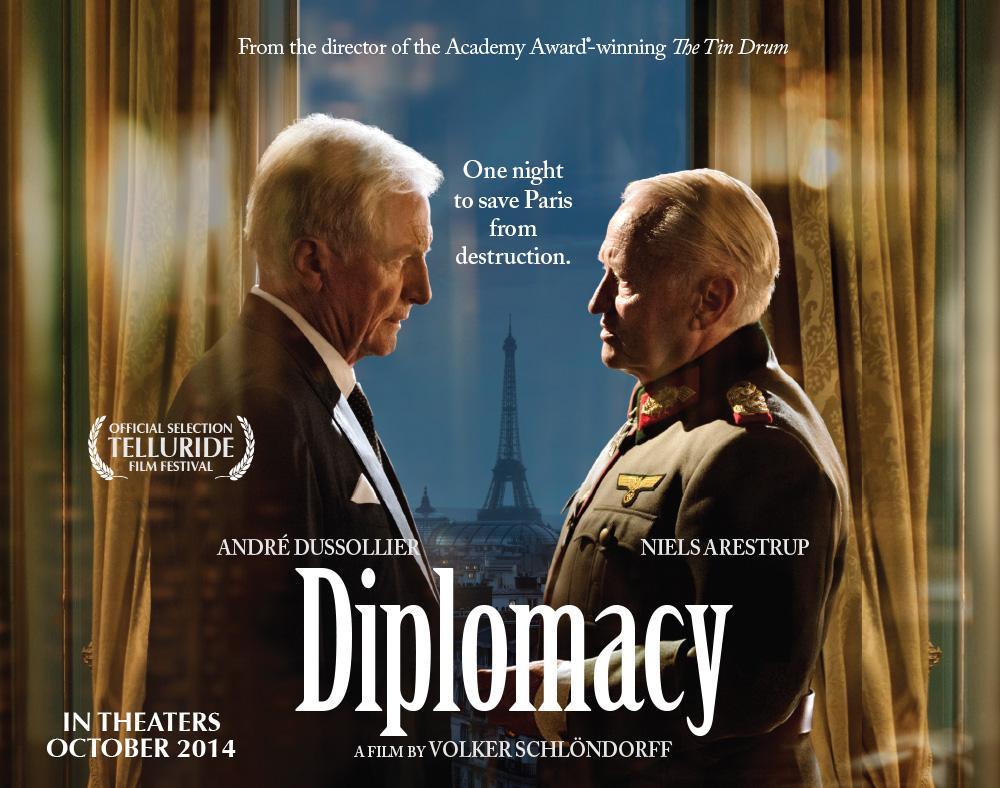In an increasingly interconnected world, diplomacy remains a crucial tool for navigating the complex web of international relations. ”” delves into the intricate dynamics shaping today’s geopolitical landscape. This article provides a comprehensive analysis of the most recent diplomatic challenges, examining the underlying causes and potential ramifications of these tensions. By dissecting the strategic maneuvers of key global players, we aim to offer a nuanced understanding of the current state of international affairs. Through an authoritative lens, we explore how these developments not only impact bilateral relations but also influence global stability and security. As we unravel the layers of diplomatic discourse, this article serves as an essential guide for policymakers, scholars, and anyone interested in the evolving nature of global diplomacy.
Understanding the Historical Context of Diplomatic Strains
To fully grasp the complexities of today’s diplomatic tensions, it’s essential to delve into their historical roots. Diplomatic strains often arise from a tapestry of historical events, long-standing rivalries, and unresolved conflicts. Understanding these elements provides a nuanced perspective on current international relations. Historical grievances can resurface in modern diplomacy, influencing policy decisions and international negotiations. The legacy of colonialism, for instance, continues to impact relationships between former colonies and their colonizers, often manifesting in economic and political tensions.
- Colonial Legacies: Many nations still grapple with the borders and governance systems imposed during colonial times, leading to territorial disputes and governance challenges.
- Cold War Dynamics: The ideological battles of the 20th century have left an indelible mark on global alliances and enmities, with former allies and adversaries continuing to shape the geopolitical landscape.
- Economic Dependencies: Historical trade relationships can create economic dependencies that influence diplomatic strategies and national interests.
By examining these historical contexts, one can better understand the underlying causes of current diplomatic strains and anticipate potential resolutions or escalations. This analytical approach not only clarifies the present but also illuminates possible pathways for future diplomatic engagements.

Analyzing Key Players and Their Strategic Interests
In the intricate web of international relations, understanding the motivations and strategic interests of key players is paramount. Nation A, with its recent military advancements, seeks to assert dominance in the region, driven by a desire to secure critical trade routes and expand its geopolitical influence. Nation B, on the other hand, is focused on bolstering its economic alliances, aiming to counterbalance Nation A’s growing power through strategic partnerships and trade agreements.
- Economic Expansion: Both nations are vying for control over lucrative markets, each employing a mix of diplomacy and economic incentives to sway smaller states.
- Military Posturing: Recent troop movements and joint exercises highlight the escalating military focus, with each side keen on showcasing their defense capabilities.
- Diplomatic Maneuvering: Behind closed doors, intense negotiations and alliances are being formed, with each player seeking to secure favorable terms in the ongoing power struggle.
These strategic interests are not isolated; they ripple across the global stage, influencing alliances and shaping the future of international diplomacy. Understanding these dynamics is crucial for anticipating the next moves in this high-stakes geopolitical chess game.

Evaluating the Impact of Recent Diplomatic Moves on Global Relations
In recent months, the geopolitical landscape has been shaped by a series of diplomatic maneuvers that have both strained and strengthened international relations. These moves have prompted analysts to closely examine their potential long-term impacts. Key players such as the United States, China, and the European Union have engaged in strategic dialogues and agreements, while also encountering setbacks and disagreements. The consequences of these actions are multifaceted, influencing not only political alliances but also economic and security frameworks globally.
- Trade Agreements: Recent negotiations have led to new trade pacts, aiming to reduce tariffs and increase market access. However, some agreements have been met with skepticism due to concerns over economic dominance and fair competition.
- Military Alliances: Strengthening of military alliances has been a priority, with countries seeking to bolster their defense capabilities in response to perceived threats. This has led to increased military spending and joint exercises, but also heightened tensions in regions like the South China Sea.
- Climate Initiatives: Diplomatic efforts to address climate change have seen mixed results. While some nations have committed to ambitious targets, others have been criticized for insufficient action, leading to a fragmented approach to global environmental policy.
These diplomatic developments underscore the complexity of global relations, where each move can have a ripple effect, influencing everything from international trade to environmental policies. The challenge for global leaders is to navigate these intricacies with a balance of assertiveness and diplomacy, ensuring that their actions contribute to a stable and cooperative international community.
Strategic Recommendations for De-escalating Tensions
To effectively address and mitigate rising tensions, it is imperative to adopt a multi-faceted approach that incorporates both immediate and long-term strategies. Diplomatic engagement should be prioritized, fostering open communication channels between conflicting parties. This can be achieved through the establishment of neutral mediators who can facilitate dialogue and ensure that all parties have a voice in the negotiation process. Additionally, leveraging confidence-building measures such as joint projects or shared initiatives can help to create a foundation of trust and cooperation.
Another critical aspect is the implementation of preventive diplomacy, which involves proactive measures to address potential flashpoints before they escalate. This includes monitoring and addressing underlying issues such as economic disparities, resource allocation, and historical grievances. By focusing on these root causes, it is possible to develop sustainable solutions that prevent future conflicts. Furthermore, engaging with regional organizations and international bodies can provide additional support and legitimacy to the de-escalation efforts, ensuring a comprehensive and coordinated response.
- Engage in proactive dialogue with all stakeholders.
- Utilize neutral mediators to facilitate discussions.
- Implement confidence-building measures to foster trust.
- Address root causes such as economic and social inequalities.
- Collaborate with regional and international entities for a unified approach.


